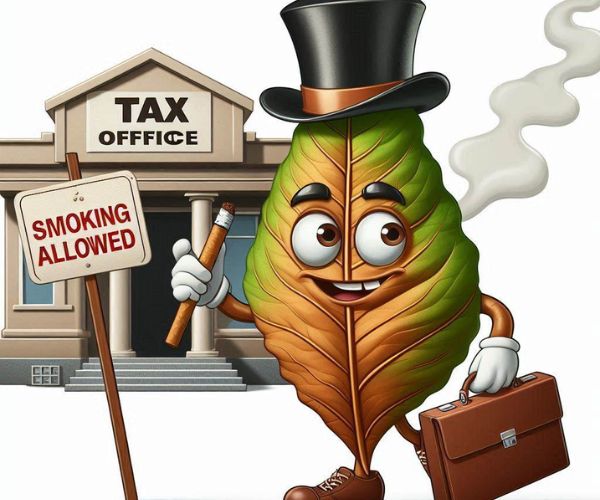
Tobacco Tax Hike & Stock Market Impact serves as a crucial focal point in understanding the broader economic implications of taxation policies on specific industries and their subsequent effects on financial markets. As governments worldwide seek to enhance public health and generate additional revenue, changes in tobacco taxation can resonate significantly within the stock market, particularly for companies operating within the tobacco sector.
The Effects of Tobacco Tax Increases on Market Valuation
The market valuation of tobacco companies tends to decline following an increase in tobacco taxes. This is primarily due to the anticipated decrease in consumer demand for tobacco products as prices rise. When the government enacts a tax hike, the immediate reaction in the stock market reflects investor concerns over revenue projections for tobacco firms. To stay updated on broader market events that might influence such valuations, consider visiting (해외 주식 이벤트) for the latest information.
Consumer Behavior and Price Elasticity
Consumer behavior plays a substantial role in determining how tobacco tax hikes affect market valuation. Research indicates that tobacco products exhibit a certain level of price elasticity; thus, when prices increase due to a tax hike, consumption may decline significantly, particularly among price-sensitive consumers. Consequently, tobacco companies might face reduced sales volumes, leading to diminished earnings and subsequently lower stock prices.
Long-term Implications for Tobacco Stocks
In the long term, the impact of increased tobacco taxes can lead to a more profound transformation in the industry. Companies may be compelled to innovate or diversify their product lines to mitigate the adverse effects of declining tobacco consumption. For instance, many firms are investing in alternative products such as e-cigarettes and vaping devices, which may not be as heavily taxed or may appeal to a different consumer demographic. This shift can create new avenues for growth, potentially stabilizing or even enhancing stock valuations over time.

Regulatory Environment and Market Sentiment
The regulatory environment surrounding tobacco taxation significantly influences market sentiment and investor behavior. When investors perceive that additional tax hikes are imminent or that regulations may tighten further, it can lead to bearish sentiment regarding tobacco stocks.
Influence of Government Policies
Government policies play a critical role in shaping market perceptions. Frequent changes in taxation and strict regulations can create uncertainty within the tobacco sector, prompting investors to adjust their portfolios accordingly. For example, the imposition of higher taxes may lead investors to speculate about the future viability of traditional tobacco products, thereby affecting stock prices.
Market Sentiment and Investor Strategies
Market sentiment often reflects the broader public attitude towards health and wellness, with tobacco companies facing increasing scrutiny. As awareness of the health risks associated with tobacco consumption grows, some investors may choose to divest from tobacco stocks in favor of more socially responsible investments. This shift can lead to increased volatility in tobacco stocks, as the demand from socially conscious investors diminishes.
In conclusion, the interplay between tobacco tax hikes and the stock market is multifaceted, influenced by consumer behavior, regulatory frameworks, and evolving market sentiments. Investors must remain vigilant and informed about these dynamics to navigate the complexities of the tobacco sector effectively.
For more insights into market trends and investment strategies, you might find useful information at Investopedia. Additionally, to stay updated on relevant (해외주식), visit our dedicated site for the latest market happenings.